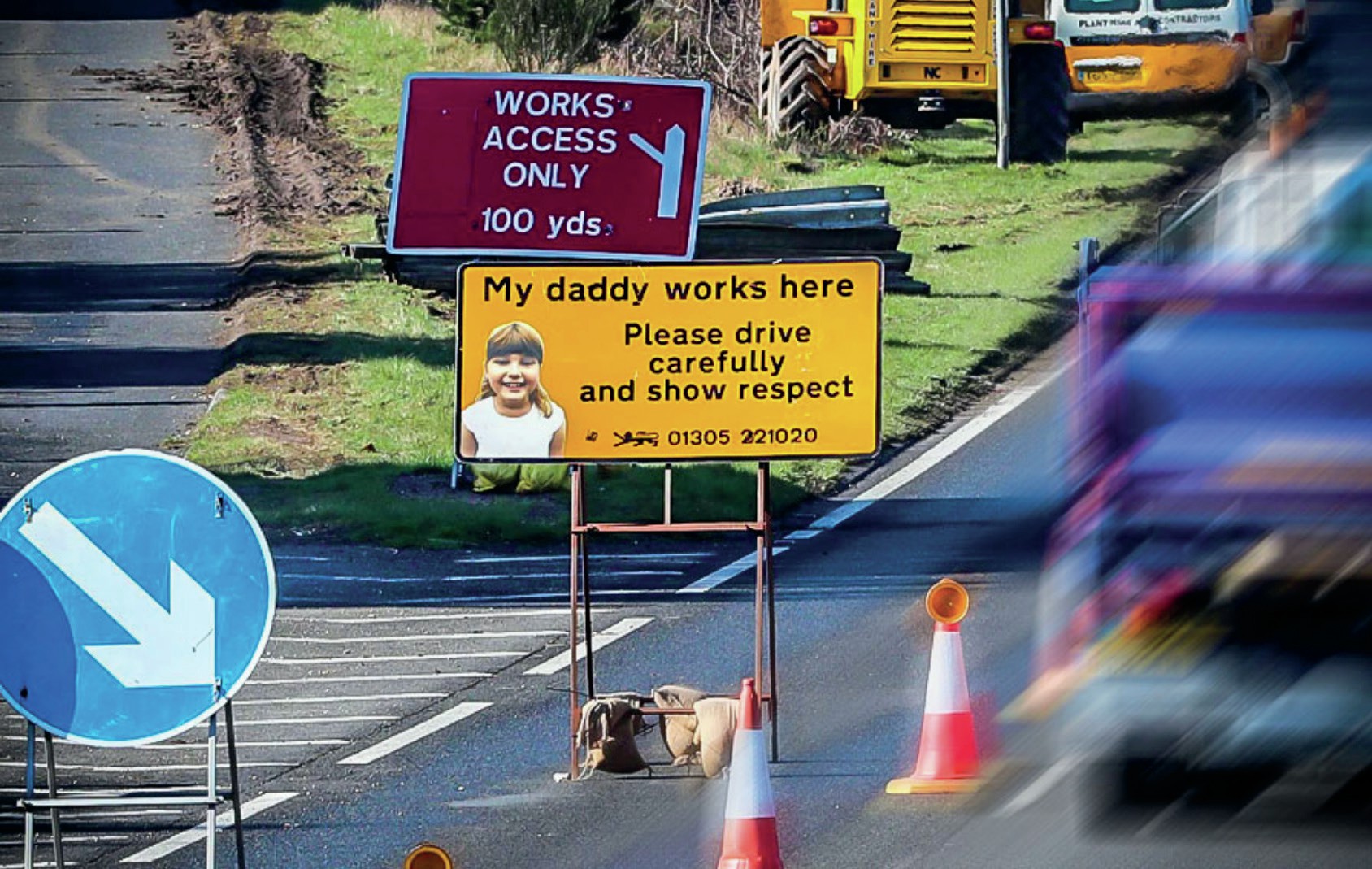
L awmakers may assume that people will not break the law because they will be concerned that they may be caught by the police, get a criminal record, be fined or even sent to prison. Seemingly this would not maximise someone’s utility. However, every day, many people drive their cars at speeds above the relevant speed limit. Some people even use their mobile phones at the wheel.
Behavioural economics examines the assumptions that traditional microeconomic theory makes about how people behave so that we can better understand people’s decision-making. Armed with this under-standing, we should also be able to influence more effectively how people behave.
Your organisation does not have access to this article.
Sign up today to give your students the edge they need to achieve their best grades with subject expertise
Subscribe
